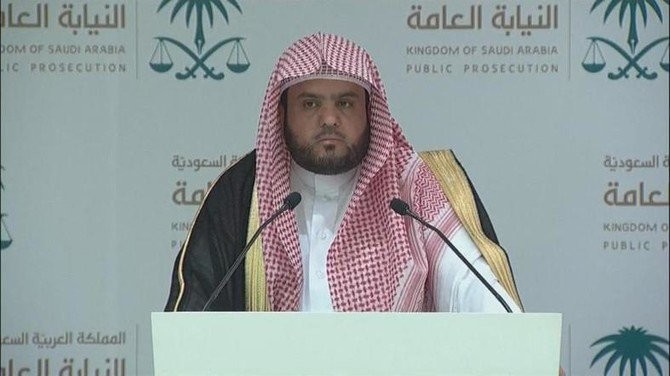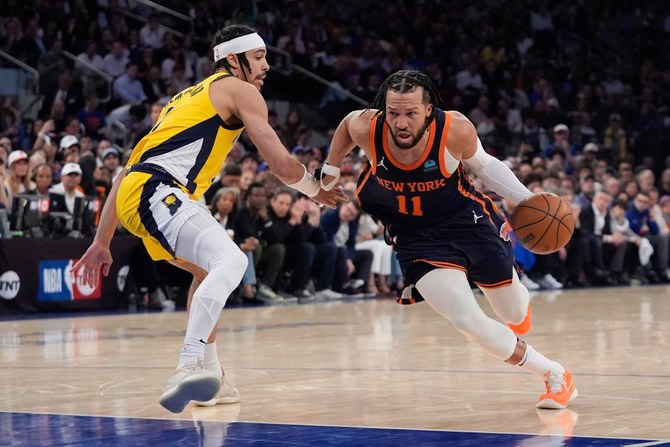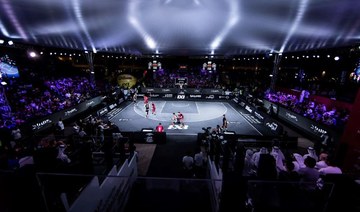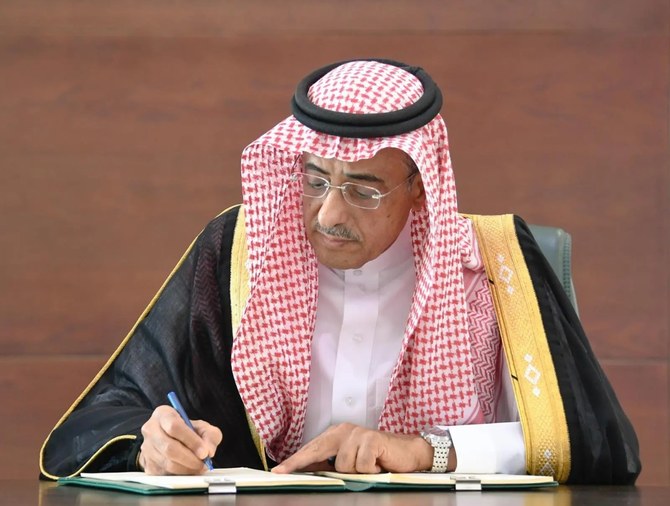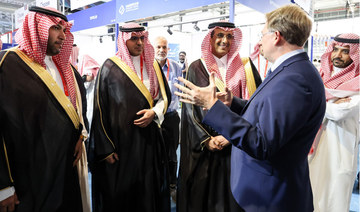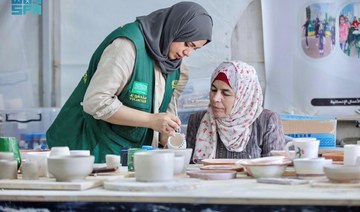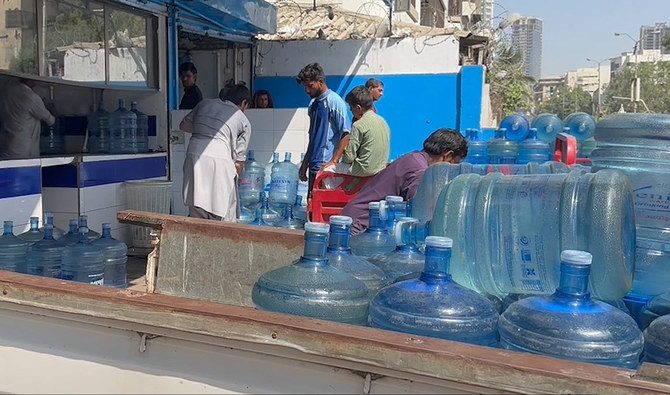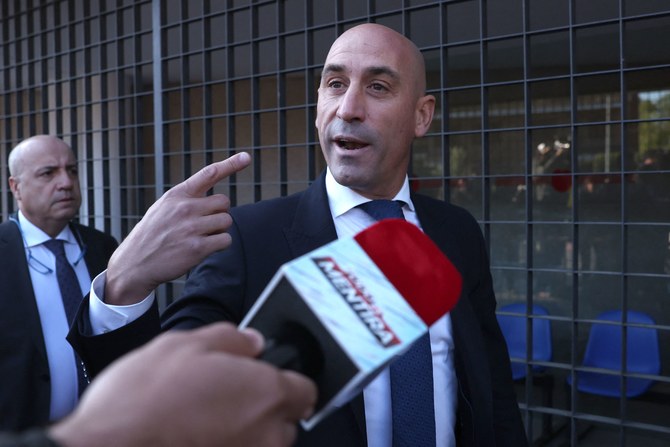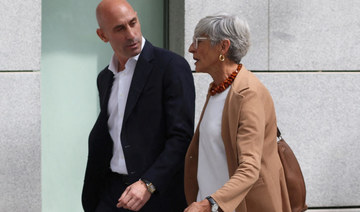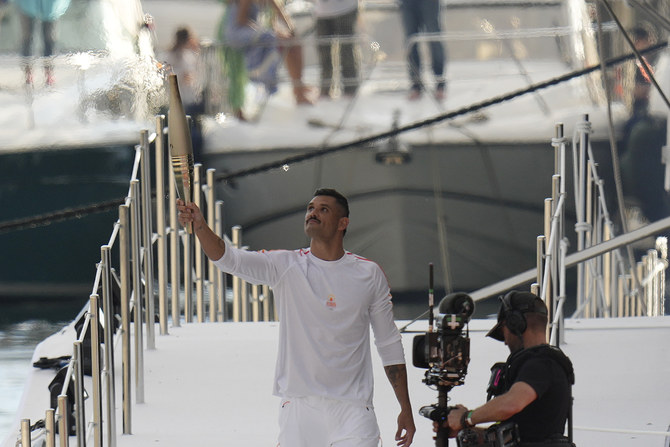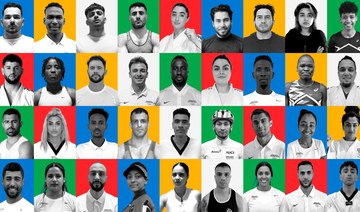General/Prosecutor general office: Briefing on Saudi Arabia's investigation findings on Khashoggi killing
Riyadh, November 15, 2018
The public prosecution office said in a press briefing that through the investigations carried out so far with the 21 suspects in the case of the murder of Saudi journalist Jamal Khashoggi, the following findings have been reached:
1. The incident started on September 29, 2018, upon the issuance of an order to bring back the victim to the Kingdom by means of persuasion, if not, by force. The former deputy president of the general intelligence presidency (GIP) has issued this order to the mission commander.
2. The mission commander has formed a 15-member team that consisted of three groups (negotiations/ intelligence/ logistics) to persuade the victim to return to the Kingdom. The commander mission has suggested to the former deputy president of the GIP to assign a former colleague, assigned at the time to work with a former advisor, to head the negotiation group in the team because of his previous relationship with the victim.
3. The former deputy president of the GIP has contacted the former advisor to request the assignment of the individual who will lead the negotiation group. The former advisor agreed to this request and asked to meet the mission commander
4. The former advisor has met with the mission commander and the negotiation team; to share with them information relevant to the mission based on his specialization in media. The former advisor has expressed his belief that the victim was coopted by organizations and countries hostile to the Kingdom and that the victim’s presence outside of Saudi Arabia represents a threat to national security and he encouraged the team to persuade the victim to return, noting that his return represents a significant achievement of the mission.
5. The mission commander has contacted a forensics expert to join the team for the purpose of clearing any evidence from the scene in the case force had to be used to return the victim. The forensics expert joined the team without the knowledge of his superiors.
6. The mission commander has contacted a collaborator in Turkey to secure a safe location in case force had to be used to return the victim to the Kingdom.
7. After examining and inspecting the Consulate, the head of the negotiation team has concluded that it would not be possible to transfer the victim by force to the safe location in case negotiations reached a dead end. The head of the negotiation team decided to murder the victim if the negotiations failed. The investigation concluded that the incident resulted in murder.
8. The investigation has concluded that the crime was carried out after a physical altercation with the victim took place, where he was forcibly restrained and injected with a large amount of a certain drug resulting in an overdose that led to his death.
9. The investigation has identified those that ordered and carried out the murder, totaling 5 individuals that have confessed to the murder and their statements squared.
10: After the murder, the victim’s body was dismembered by the individuals that have committed the murder and was transferred outside the consulate building.
11. The investigation has concluded that the body was removed from the Consulate building by 5 individuals.
12. The individual who delivered the body to the collaborator has been identified.
13. Based upon the description provided by the individual who delivered the body to the collaborator, a composite sketch of the collaborator has been produced.
14. The investigation has identified the two individuals who wore the victim’s clothes after the murder and disposed of the victim’s belongings in a trash receptacle, including his watch and glasses, after leaving the Consulate building.
15. The investigation has established that the surveillance cameras in the Consulate were disabled, and the investigation identified the individual responsible for doing so.
16. The investigation has found that 4 suspects provided logistical support to those who carried out the crime.
17. The investigation has concluded that the mission commander has agreed with head and members of the negotiation - that made the decision to murder the victim and carried out the crime - to write a false report to the former deputy president of GIP that stated that the victim had left the Consulate building after the failure of negotiating or forcing his return.
*Translated by Arab News


